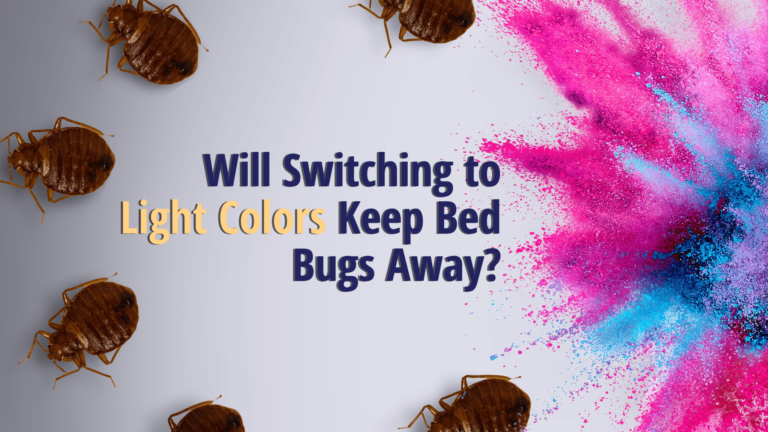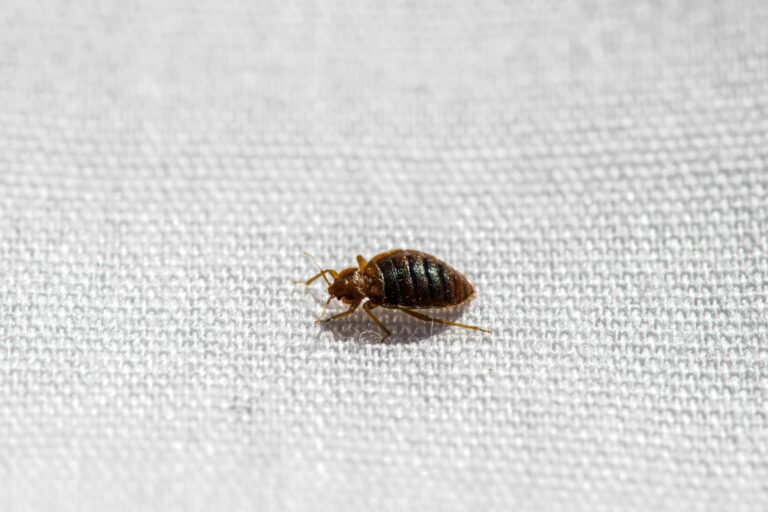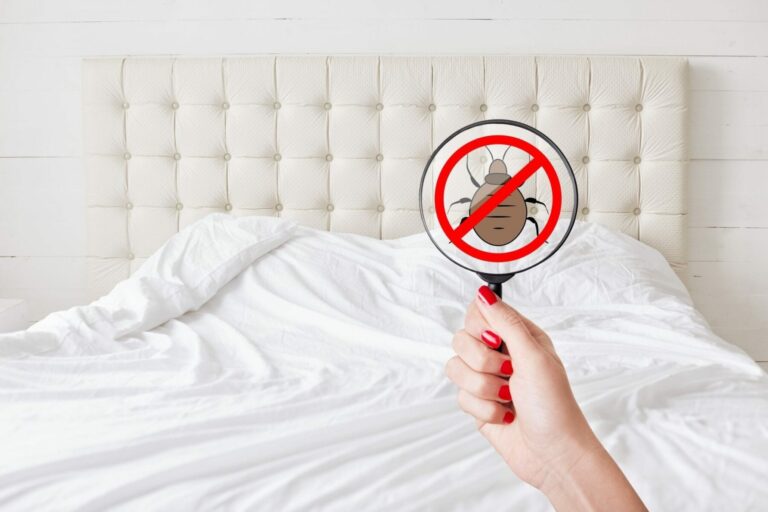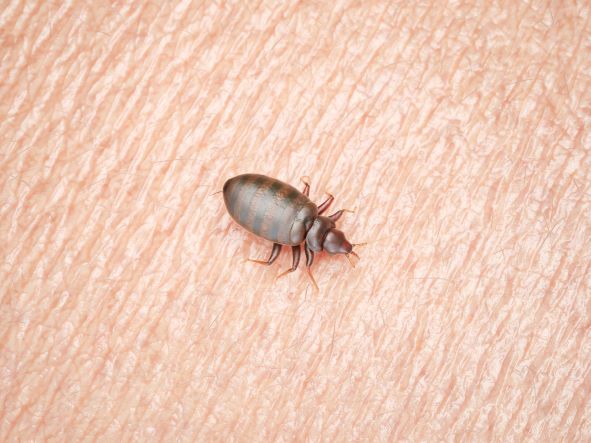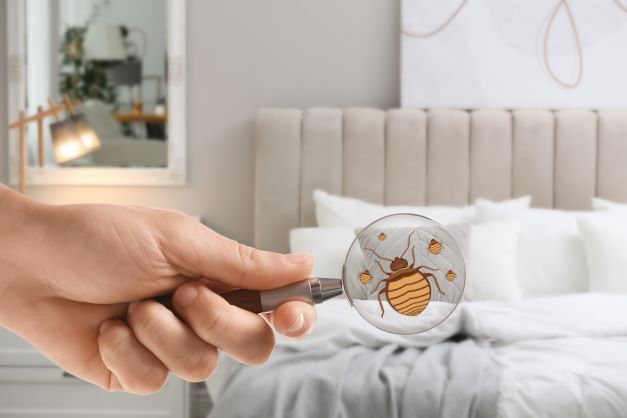Do Repellants Keep Bed Bugs off Your Skin?
Bed bugs, scientifically known as Cimex lectularius, are notorious for their biting habits, causing not only discomfort but potential skin reactions. As their prominence has escalated in urban environments, the quest for effective repellants has become a matter of considerable concern.
We aim to delve into the efficacy of various repellants in deterring these unwelcome pests, arming readers with the knowledge to make informed choices. From natural oils to chemical solutions, we examine a range of options, their advantages, drawbacks, and overall effectiveness against bed bugs.
Understanding Bed Bug Repellant
When it comes to understanding bed bug repellant, it’s critical to recognize that they come in various forms and functions. Some are designed to kill the bugs directly, while others are intended to deter them from infesting certain areas or biting people. Bed bug repellant can be broadly categorized into two types: natural and synthetic. Natural repellants often incorporate essential oils like tea tree, lavender, or peppermint, which are known to repel many insects, including bed bugs.
On the other hand, synthetic repellants contain chemicals specifically designed to either kill or repel these pests. Each category has its pros and cons, with natural repellants frequently praised for their lack of harsh chemicals, while synthetic repellants are often more potent and long-lasting. However, the effectiveness of each type can vary significantly, and what works best may depend on the specific situation.
Common Ingredients in Bed Bug Repellant
Among the most common ingredients found in natural bed bug repellants are essential oils, such as lavender, peppermint, and tea tree oil. These natural ingredients are praised for their ability to deter bed bugs without the use of harsh or potentially harmful chemicals. In contrast, synthetic repellants frequently include chemicals such as DEET or permethrin. DEET, a widely recognized insect repellant, is praised for its efficacy but has also been subject to health concerns. Permethrin, on the other hand, is a synthetic insecticide that affects the nervous system of insects, effectively killing bed bugs on contact or deterring them from entering treated areas. It’s important to note that while these ingredients can be effective, their efficacy can depend on the concentration, method of application, and the specific strain of bed bug.
Risks and Concerns
Despite the benefits of bed bug repellants, there are several risks and concerns that users should be aware of. Natural repellants, while less harmful to humans, may not be as effective as synthetic options. They often require frequent reapplication and may not deter all bed bugs.
Synthetic repellants, on the other hand, pose potential health risks. For instance, DEET can cause skin and eye irritation, and there are concerns about its potential effects on the nervous system. Permethrin is toxic to cats and fish, and it can also cause skin irritation in humans. Additionally, misuse of these repellants can lead to increased bed bug resistance, rendering them less effective over time. Always read and follow label instructions to minimize risks.
Alternative Bed Bug Prevention Methods
Beyond repellants, there are several alternative methods that can be employed to prevent bed bug infestations. Maintaining cleanliness in living spaces is essential. Regular vacuuming and washing of bedding can help to eliminate any bugs that may have found their way into your home. Heat treatment is another effective strategy, as bed bugs cannot survive in extreme temperatures.
Professional pest control services often use heat treatment. Encasing mattresses and box springs in protective covers can also help to prevent bed bugs from infesting these common hiding spots. Another preventative measure is to avoid bringing second-hand furniture into your home without thoroughly inspecting and cleaning it first. Finally, education is key. Knowing the signs of a bed bug infestation and acting promptly at the first sign can help prevent a minor problem from turning into a major infestation.
Bed Bug Bites and Skin Reactions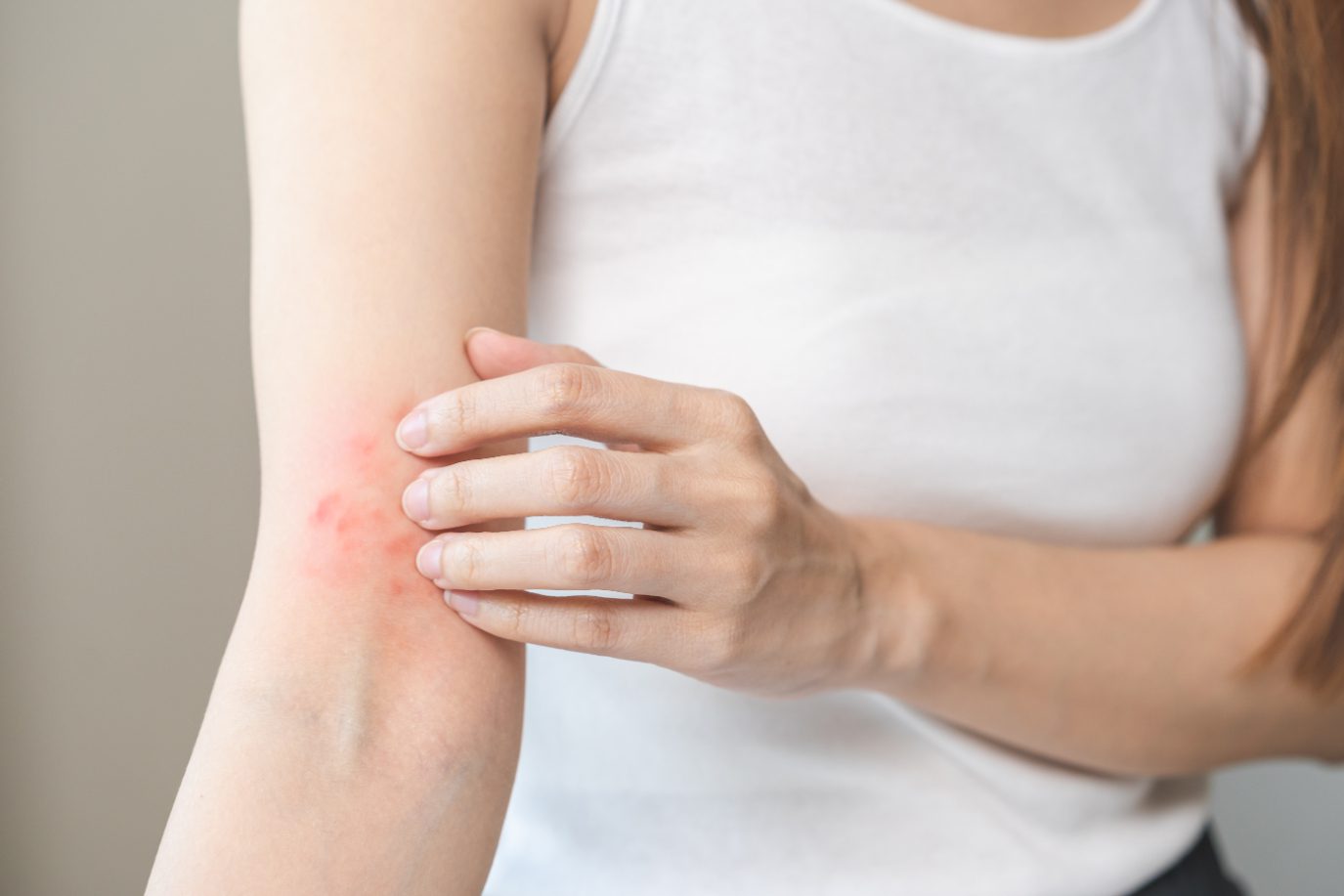
Bed bug bites can result in a variety of skin reactions. Typically, the bugs bite exposed areas of the body during sleep, such as the face, neck, and arms. The bites often appear as small, red, itchy bumps, sometimes arranged in a rough line or cluster. Some individuals may not react to these bites, while others can experience significant itching and inflammation.
In rare cases, people may develop an allergic reaction leading to larger skin welts or anaphylaxis. It’s important to remember that while uncomfortable, bed bug bites do not transmit diseases. However, excessive scratching can lead to secondary skin infections. It’s also worth noting that skin reactions alone are not a definitive indicator of a bed bug infestation, as the bites can resemble those of other insects. Consulting a healthcare or pest control professional can help confirm the source of the bites and guide appropriate treatment and prevention measures.
Final Thoughts: The Effectiveness of Bed Bug Repellant
Bed bugs are persistent pests that can cause significant distress and discomfort. However, a broad range of repellants and prevention methods are available to help manage these unwanted invaders. Natural and synthetic repellants each have their strengths and weaknesses, and their effectiveness can vary significantly. Beyond repellants, cleanliness, heat treatments, protective covers, careful selection of second-hand furniture, and education are pivotal for prevention. While bed bug bites can lead to uncomfortable skin reactions, remember they do not transmit diseases. It’s essential to seek professional advice to identify and manage bed bug infestations effectively, ensuring a comfortable, bug-free living environment.
Take Action: Your Key to a Bed Bug-Free Home
When it comes to dealing with bed bugs, you don’t have to let these pesky invaders rob your peace of mind. Turn to the highly skilled and experienced experts at Bed Bug Barbeque in Cleveland, Ohio, where we are dedicated to providing top-notch professional services. Our team offers effective and tailored solutions that are designed to address your specific situation and ensure your complete satisfaction. Don’t let another sleepless night pass with bed bug bites; take action now and give us a call at (216) 221-1227 or visit our website. Rest assured, your bug-free and comfortable home is just a phone call away.


